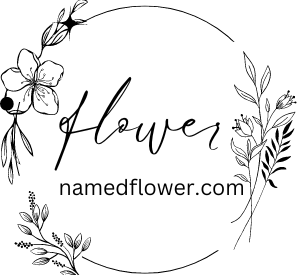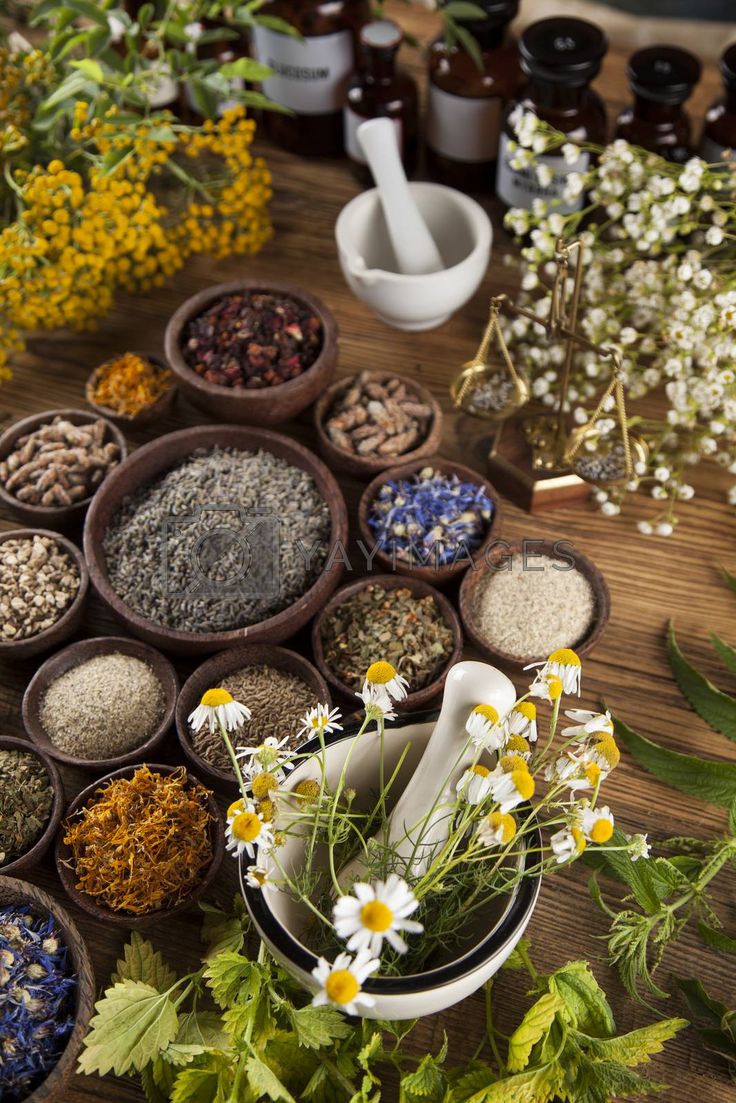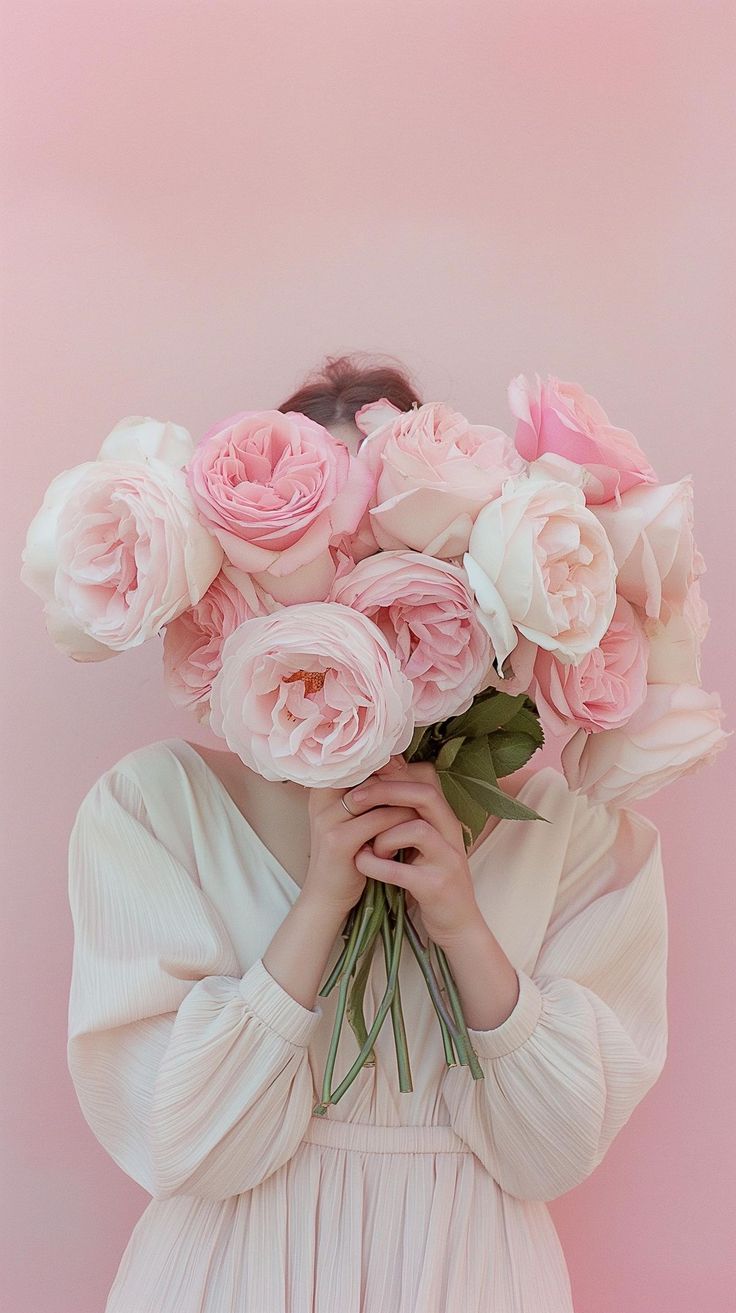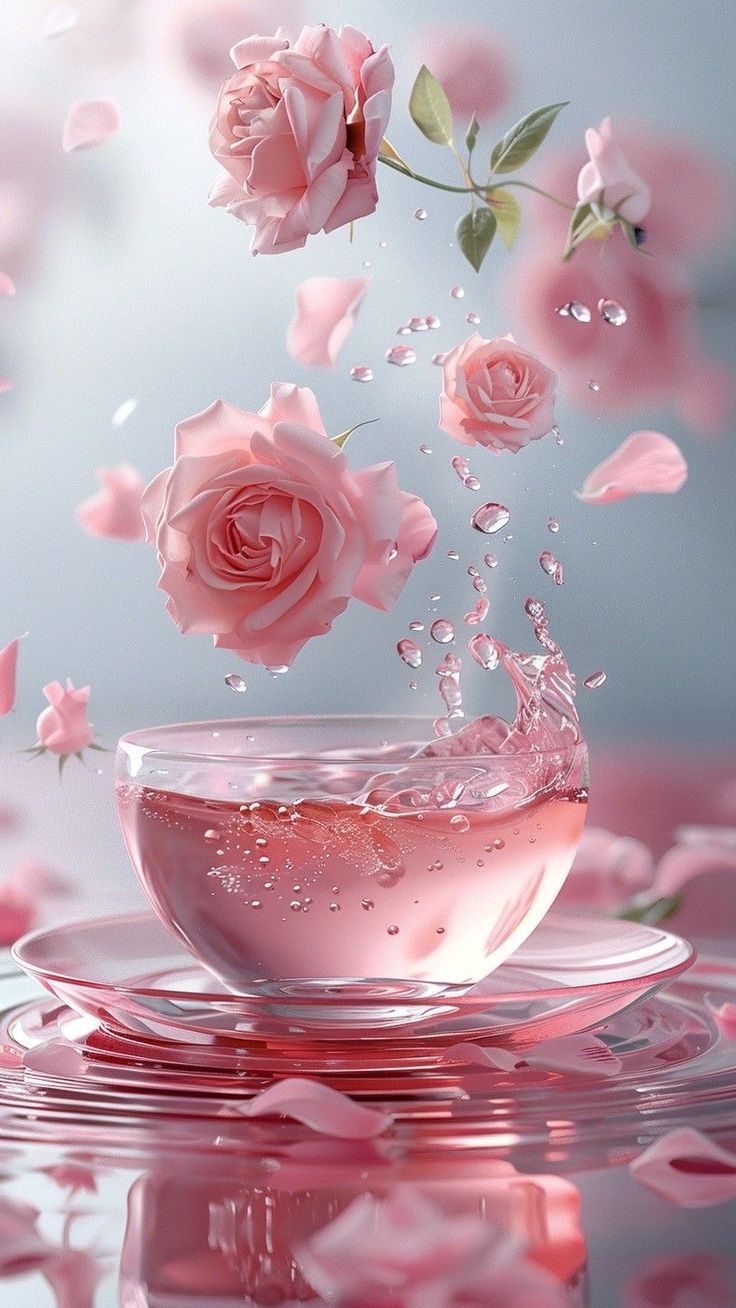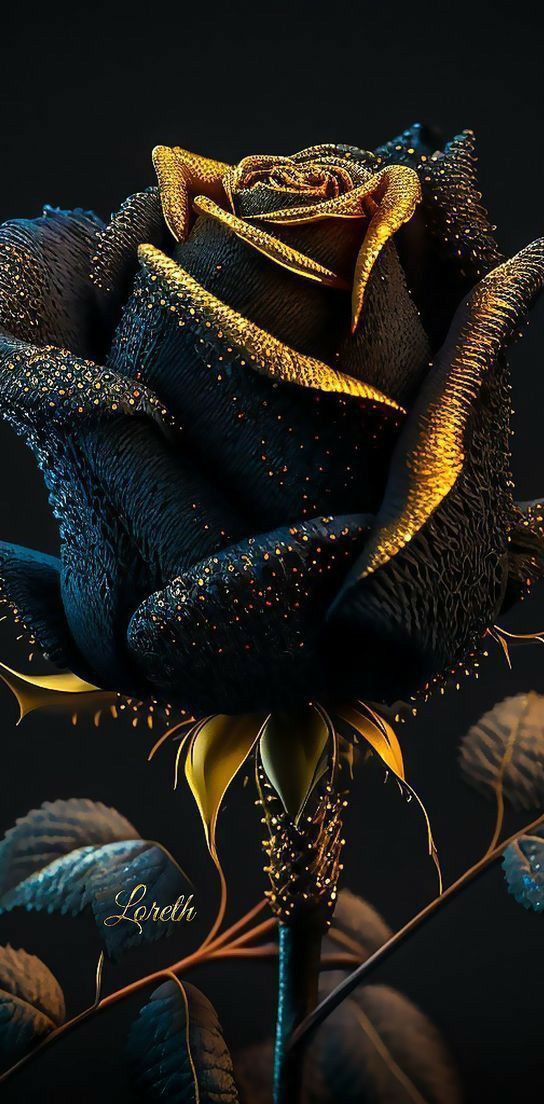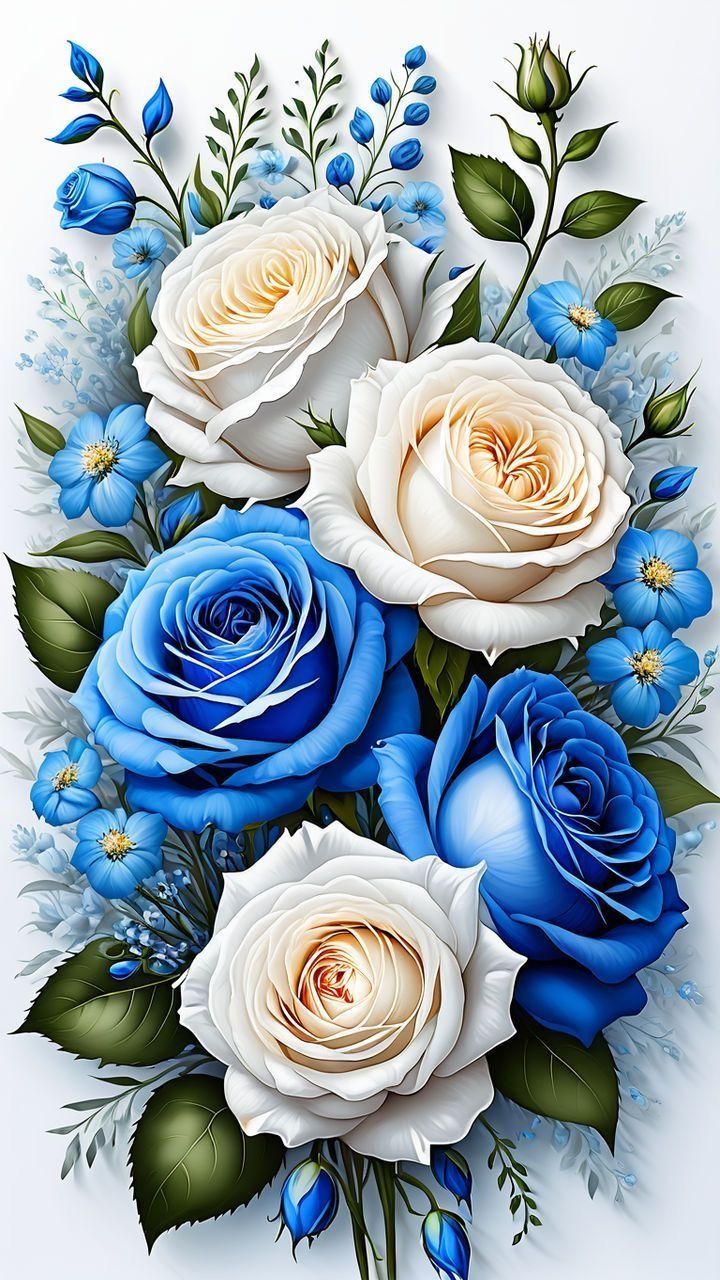Miraculous Healing: The Power of Flowers in Medicine
Welcome to our flowers journey through herbs.We will explore Flowers in medicine and herbs.Flowers have long been prized for their deeply healing qualities in addition to their beauty. Many flowers are utilised in herbal treatments and traditional medicine; they are frequently applied topically or brewed into teas to treat a variety of illnesses.
Natural Skincare Using Flower Oils and Ointments
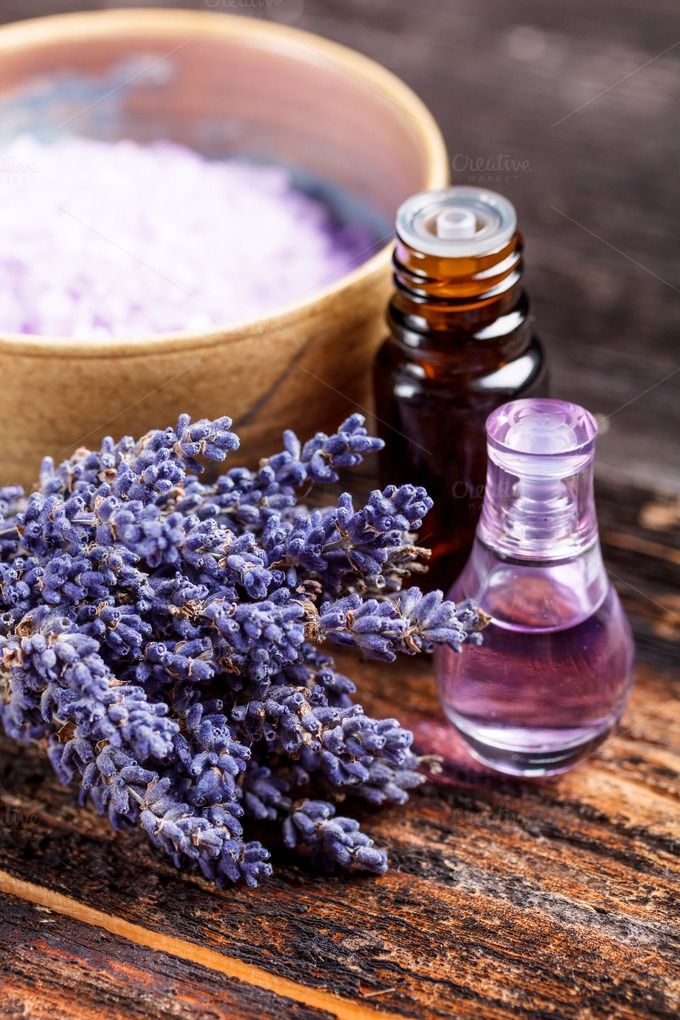
Flowers are used to make oils and ointments that work well for external application. They can be applied to relieve muscle tension, heal wounds, and treat acne.
By infusing the flower in a carrier oil, fresh or dried flowers are turned into oils and balms. For infusing flowers at home, carrier oils like olive, jojoba, and grape seed can be utilised. Dandelions and calendula are two flowers with significant medical potential.
Boost Your Metabolism with Flower Teas and Infusions
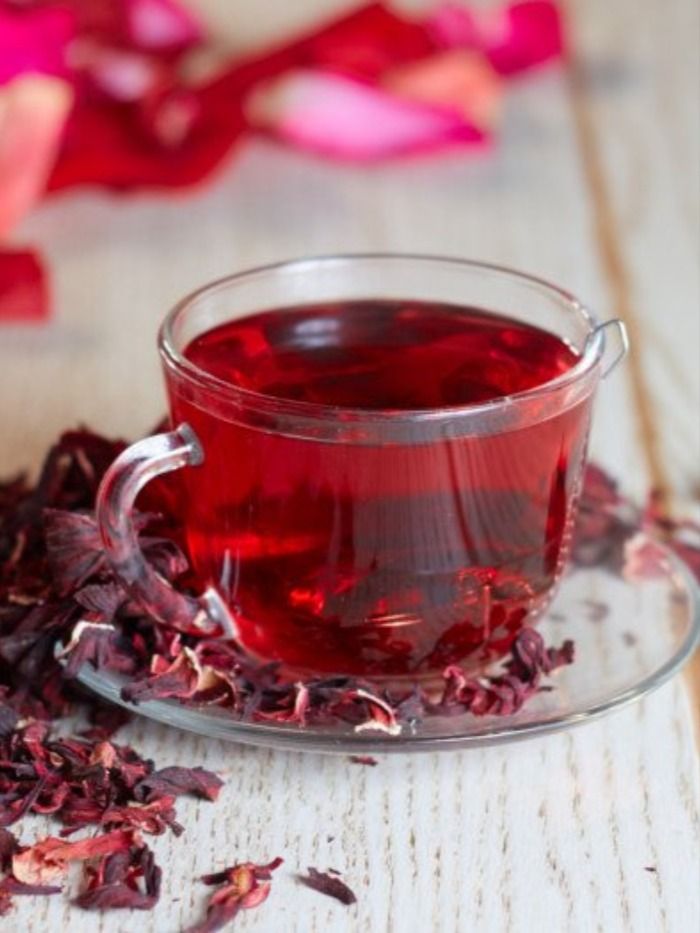
Flower teas are part of almost every culture on this earth. For teas and infusions, dried flowers and plant components are utilised. Tea has therapeutic properties in addition to being helpful for relaxation. In teas, flowers are frequently used. Some of the most popular flower teas include chamomile, lavender, rose, hibiscus, marigold, chrysanthemum, and jasmine.Boost Your Metabolism with Flower Teas and Infusions
Blossom Tea
Here are powerful flowers used in medicine and their specific herbal functions:
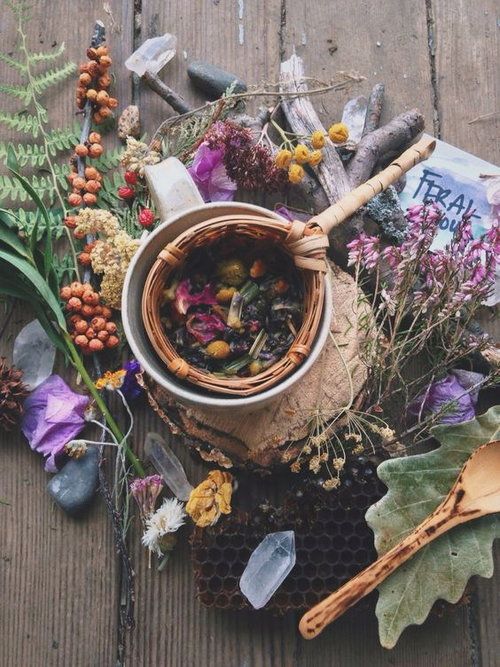
Chamomile – For Calming and Sleep Aid
Medicinal Use:Chamomile (Matricaria chamomilla) is a famous flower in herbal medicine, known for its relaxing effects. Tea made with chamomile is frequently used to lower anxiety and stress levels and enhance sleep. It can help with digestive problems including bloating and indigestion. Additionally, this herb can be administered topically to lessen skin irritations and accelerate the healing of wounds.
Herbal Use: To promote relaxation, aromatherapy frequently uses chamomile oil or extract. Its tea relieves sleeplessness, menstrual cramps, and upset stomachs.
Lavender – For Stress Relief and Skin Health
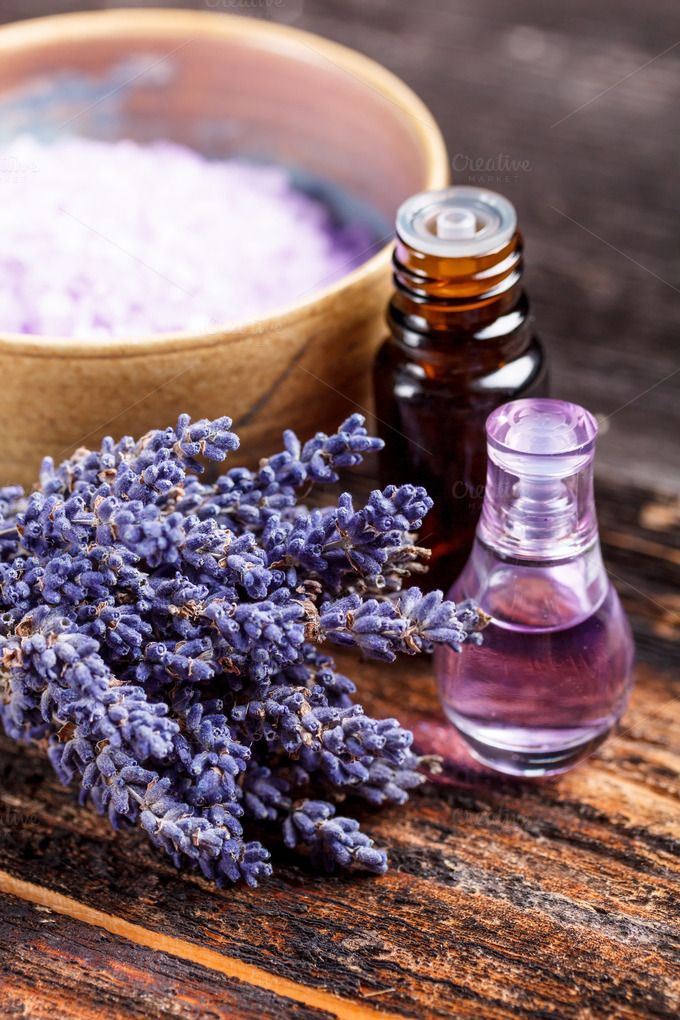
Medicinal Use:Lavender (Lavandula angustifolia) is well-known for its ability to relieve tension. Having a cup of lavender tea can help reduce tension, elevate mood, and encourage deeper sleep. Its essential oil is extensively used in aromatherapy to help calm the body and mind. It is extracted from the blossoms. Because lavender oil has antibacterial properties, it can be applied topically to burns and cuts to promote faster healing and avoid infections.
Herbal Use: Lavender relieves tension and headaches whether brewed as a herbal tea or oil. Its calming and restorative properties make it useful in skincare products as well.
Hibiscus – For Heart Health and Blood Pressure Regulation
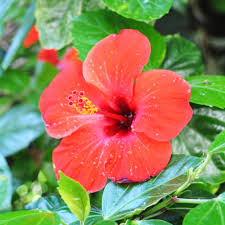
Medicinal Use:Hibiscus (Hibiscus sabdariffa) tea is famous for its vibrant color and its ability to lower blood pressure and improve cardiovascular health. Rich in antioxidants, hibiscus helps combat oxidative stress and may also aid in reducing cholesterol levels. The tea is also known to support liver health and improve digestion, making it a popular herbal remedy in many cultures.
Herbal Use: Hibiscus tea is consumed to lower blood pressure and promote heart health. Its extract is also used in skincare products for its hydrating and rejuvenating properties.
Calendula – For Skin Healing and Anti-Inflammatory Benefits
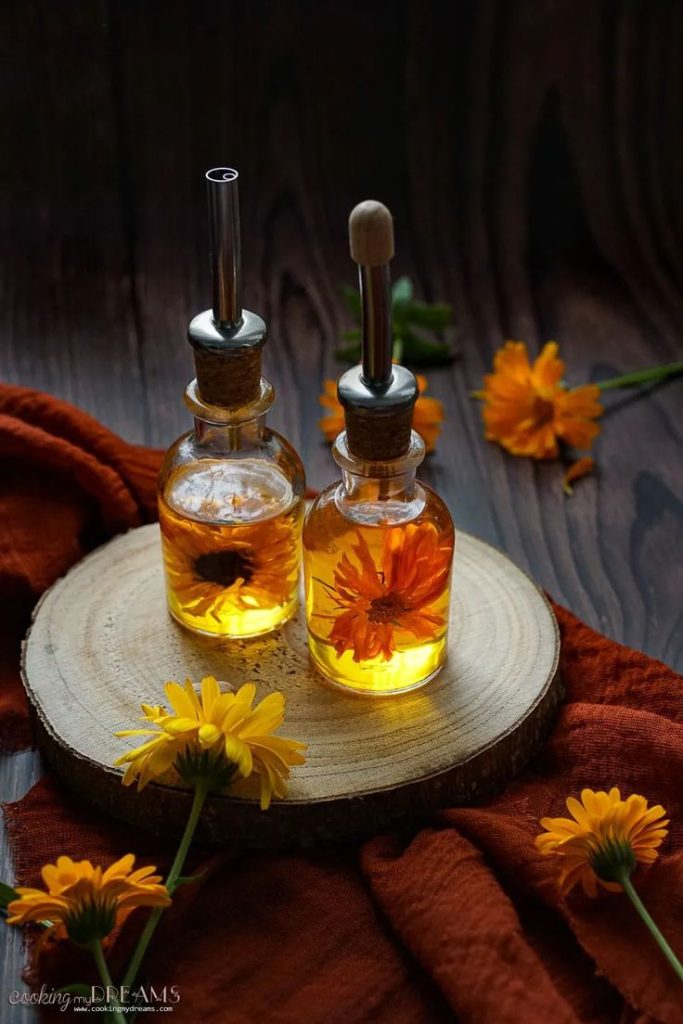
Medicinal Use:Calendula (Calendula officinalis), also known as marigold, is well known for having strong antiseptic and anti-inflammatory qualities. The vivid yellow-orange blossoms are frequently applied topically to treat burns, wounds, and skin irritations. This is a very hit Flowers in medicine.Calendula tea relieves sore throats and supports healthy liver and digestive systems. Its ability to reduce swelling and pain in the muscles is further improved by its anti-inflammatory qualities.
Herbal Use: Calendula extracts are used in lotions and salves for skin care and wound healing, and the tea is drunk to alleviate inflammation.
Passionflower – For Anxiety and Sleep Disorders
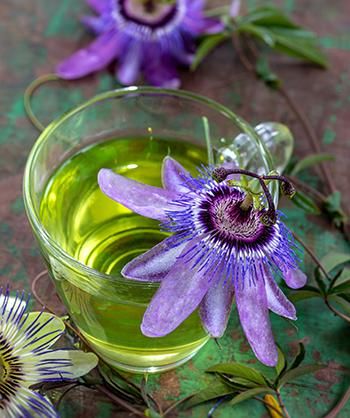
Medicinal Use:Passionflower (Passiflora incarnata) is known for its ability to calm the nervous system and treat insomnia. Drinking passionflower tea helps reduce anxiety, improve sleep, and alleviate symptoms of stress.Flowers in medicine always makes hit. It works by increasing levels of gamma-aminobutyric acid (GABA) in the brain, which promotes relaxation. The flower is also thought to relieve muscle spasms and soothe stomach discomfort.
Herbal Use: Passionflower tea is commonly consumed for anxiety, stress relief, and insomnia. Extracts of the flower are often used in herbal supplements targeting mental health and relaxation.
Jasmine – For Mood Enhancement and Relaxation
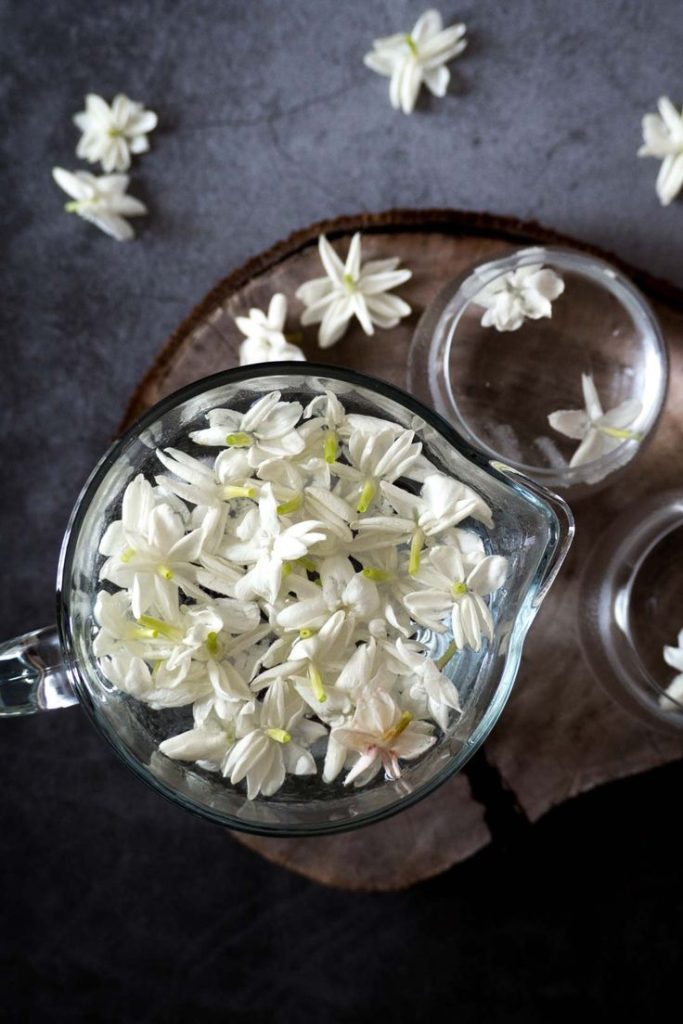
Medicinal Use:Jasmine (Jasminum officinale) blooms are prized for their sweet aroma and ability to boost spirits and relieve tension. Jasmine tea has been shown to reduce anxiety, enhance focus, and encourage relaxation. In addition to its antibacterial qualities, jasmine is a useful herb for treating infections and enhancing the general health of the skin.When combition of flowers in medicine and herbs of this flower always make a wow.
Herbal Use: Jasmine tea is drunk for its relaxing properties and is frequently combined with green tea to improve mood and speed up metabolism.
Also Read
Top 50 flowers name in English
Elderflower – For Immune Boost and Cold Relief
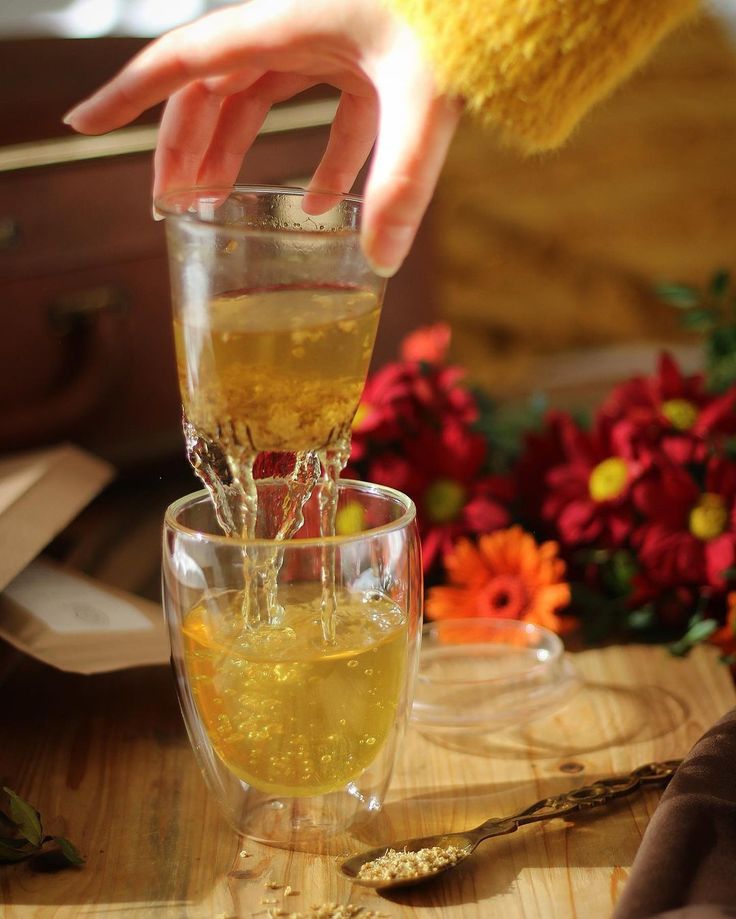
Medicinal Use:
Elderflower (Sambucus nigra) is a powerful herb used in traditional medicine for its immune-boosting properties. It is commonly used to treat cold and flu symptoms due to its antiviral and anti-inflammatory effects. Drinking elderflower tea or syrup helps alleviate congestion, reduce fevers, and support respiratory health. The antioxidants in elderflower also help fight oxidative stress and improve skin health.
Herbal Use: Elderflower tea is beneficial for colds, flu, and respiratory issues. It’s also used in skincare products to soothe irritated skin.
Yarrow – For Wound Healing and Fever Reduction
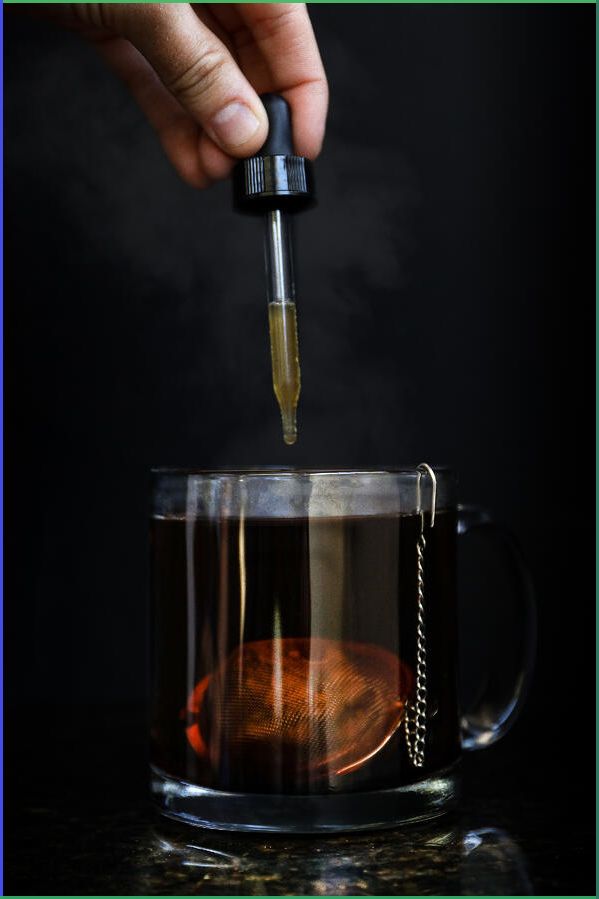
Medicinal Use:Yarrow (Achillea millefolium) is a popular herbal treatment that promotes wound healing and reduces fevers. It works well to stop bleeding and cure small injuries because of its antibacterial and acidic qualities. Drinking yarrow tea helps ease stomach problems and lessen menstrual cramps. It is also helpful in treating inflammatory illnesses like arthritis because of its anti-inflammatory qualities.
Herbal Use: Yarrow is administered topically to aid in wound healing and is used in teas to lower fever and cure digestive disorders.
Peony – For Hormonal Balance and Blood Health
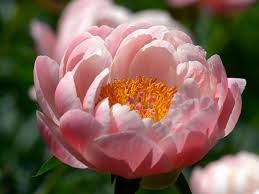
Medicinal Use:Peony (Paeonia lactiflora) blossoms are used in traditional Chinese medicine to balance hormones and improve blood circulation. Period cramps, PMS, and other menopausal symptoms are frequently treated using peony root preparations.This is the beautiful flower in medicine. Peonies are also said to enhance skin health by decreasing inflammation and increasing blood flow.
Herbal Use: Drinking peony tea helps to balance hormones and enhances blood and skin health. Supplements aimed at improving the health of women also contain the flower.
Conclusion:
The natural connection between plants and healing can be seen by the use of flowers in herbal and medicinal therapy.These are very famous flowers in medicine.Some scientists shows that flowers in medicine always make a great solution. This shows how diverse and extensive nature’s pharmacy is.Whenever I feel bored I make these flower remedy to make my mood fresh and it always makes helpful for me.
